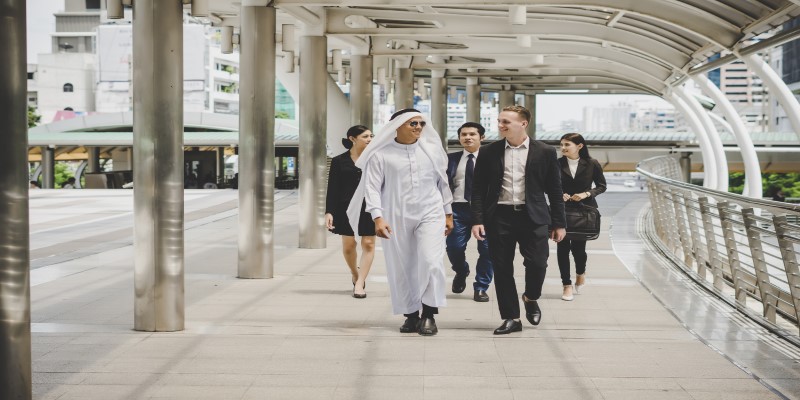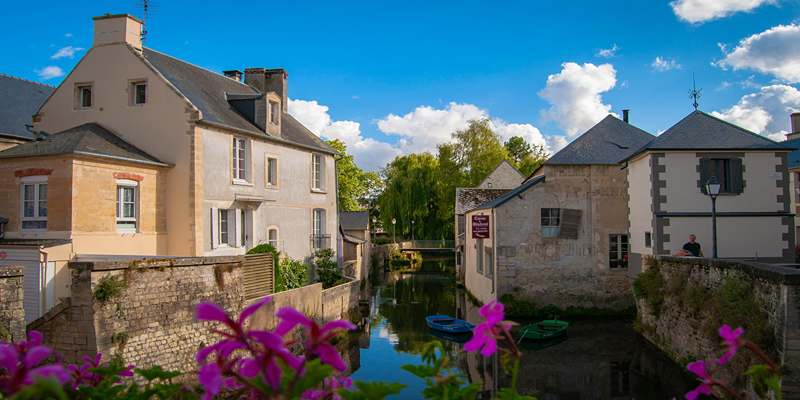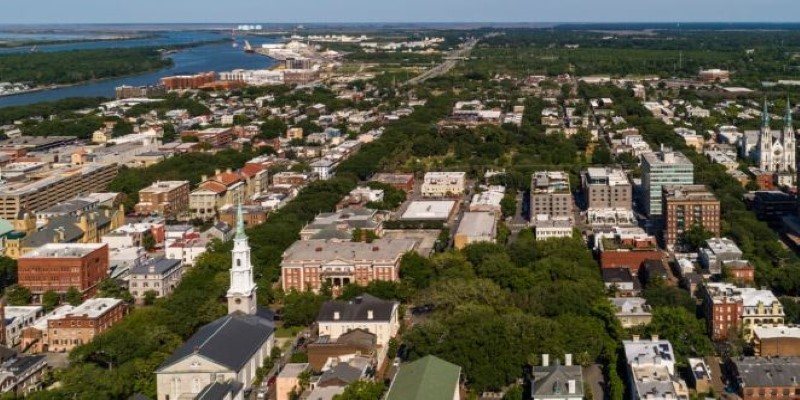Saudi Arabia offers a unique living and working experience shaped by its rich cultural heritage and ongoing modernization. While the Kingdom has long been known for its oil wealth and Islamic traditions, recent reforms under Vision 2030 are reshaping its economy and society. Expats are increasingly drawn to the country by the growing job opportunities, especially in emerging sectors like technology, healthcare, and tourism.
However, life in Saudi Arabia also has a number of challenging features, such as living within conservative social norms and becoming conversant with the complexities of local laws. Here's an inside look into what living and working in Saudi Arabia really is about culture, career, and lifestyle.
The Cultural Landscape: Understanding Saudi Arabia
Their culture is rooted in deep Islamic traditions, influencing everything-including work hours, social interaction, and public behavior. The Kingdom abides by Sharia law, guiding personal as well as professional behavior. Respect should be exhibited when navigating these laws while coming to grips with a traditional but growing environment.
In recent years, the Saudi government has relaxed some restrictions, especially in larger cities, to encourage tourism, entertainment, and foreign investment. Women, for example, can now drive a major step forward in the Kingdom's modernization. Additionally, entertainment options like concerts and cinemas have become more common, reflecting the country's transition toward a more open society.
However, much of everyday life is very traditional, especially outside the cities. Socializing, in the case of women, is generally a formal affair compared to the Western norm. Affection in public is often frowned upon, and there are considerable dress codes, particularly for women who will be expected to don abayas. All forms of alcoholic drinks are prohibited, and expats need to understand these variations but still grasp local traditions.
Job Market and Career Opportunities in Saudi Arabia
Saudi Arabias economy has traditionally been centered around oil, but with the Vision 2030 initiative, the country is diversifying into sectors like technology, tourism, healthcare, and entertainment. This shift has created an abundance of career opportunities for qualified expats, particularly in industries that support infrastructure development and modernization.

Salaries in Saudi Arabia are competitive, especially in high-demand fields such as engineering, healthcare, and IT. The country offers tax-free salaries, a major attraction for many professionals. Many companies also provide attractive benefits packages, including housing allowances, health insurance, and annual travel reimbursements.
However, the job market can be competitive, with a preference for local talent in certain industries due to the Saudization program, which aims to reduce the dependence on foreign workers. Expats with specialized skills or experience in areas aligned with the governments Vision 2030 goals are in high demand, though, and these individuals can secure well-paying roles with great benefits. Despite this, work contracts are often tied to specific employers, and switching jobs or employers can be a complicated process.
Cost of Living in Saudi Arabia
Living costs in Saudi Arabia vary greatly depending on location, lifestyle, and family size. In major cities like Riyadh and Jeddah, expats may find that housing is the most significant expense. Rent prices can be high, especially for larger apartments or villas. While many companies provide housing allowances, the cost can still be substantial for those who have to cover it independently.
Utilities like electricity, water, and internet are relatively cheap, and transportation costs are low due to subsidized fuel prices. Owning a car is common in Saudi Arabia, as public transportation is still limited, especially outside major cities. The price of gasoline is incredibly low, making driving affordable.
On the other hand, dining out, particularly in local restaurants, is relatively inexpensive. However, imported goods, luxury items, and certain Western brands may be more costly due to taxes and import duties. Expats with families will need to budget for education, as international schools can be pricey. Overall, the cost of living can be high, but the financial advantages of working in Saudi Arabiasuch as tax-free incomeoften make it worthwhile for many.
Living as an Expat: Challenges and Rewards
Living in Saudi Arabia presents unique challenges, primarily due to the country's strict social norms and limited personal freedoms compared to Western countries. Expats may find it difficult to adapt to gender segregation in public spaces,, and the conservative dress codes, especially for women. Additionally, the lack of certain leisure activities, like outdoor lounges or entertainment venues, might make it harder for some to feel at ease.

However, many expats find the rewards of living in Saudi Arabia outweigh these challenges. The financial benefits, including tax-free salaries and generous allowances, are major advantages, and the opportunity to save money is one of the primary reasons many professionals choose to live and work in the Kingdom. The Kingdoms growing expat community also provides a support network for newcomers, and social events and networking opportunities are on the rise.
Culturally, Saudi Arabia offers a chance to learn about Islam and experience life in a country with thousands of years of history. Expats can explore ancient ruins, visit the desert, and even experience pilgrimage in Mecca. The pace of change in Saudi Arabia, particularly with Vision 2030, offers a dynamic environment for those who want to be part of a rapidly transforming nation.
Conclusion
Living and working in Saudi Arabia presents a unique blend of challenges and rewards. While the countrys conservative culture and social norms may require adaptation, the financial benefits, career opportunities, and cultural experiences make it an appealing destination for many expats. As Saudi Arabia continues to modernize through Vision 2030, opportunities will grow, offering a dynamic environment for those ready to embrace change. For those willing to adapt, Saudi Arabia can provide a rewarding experience.










